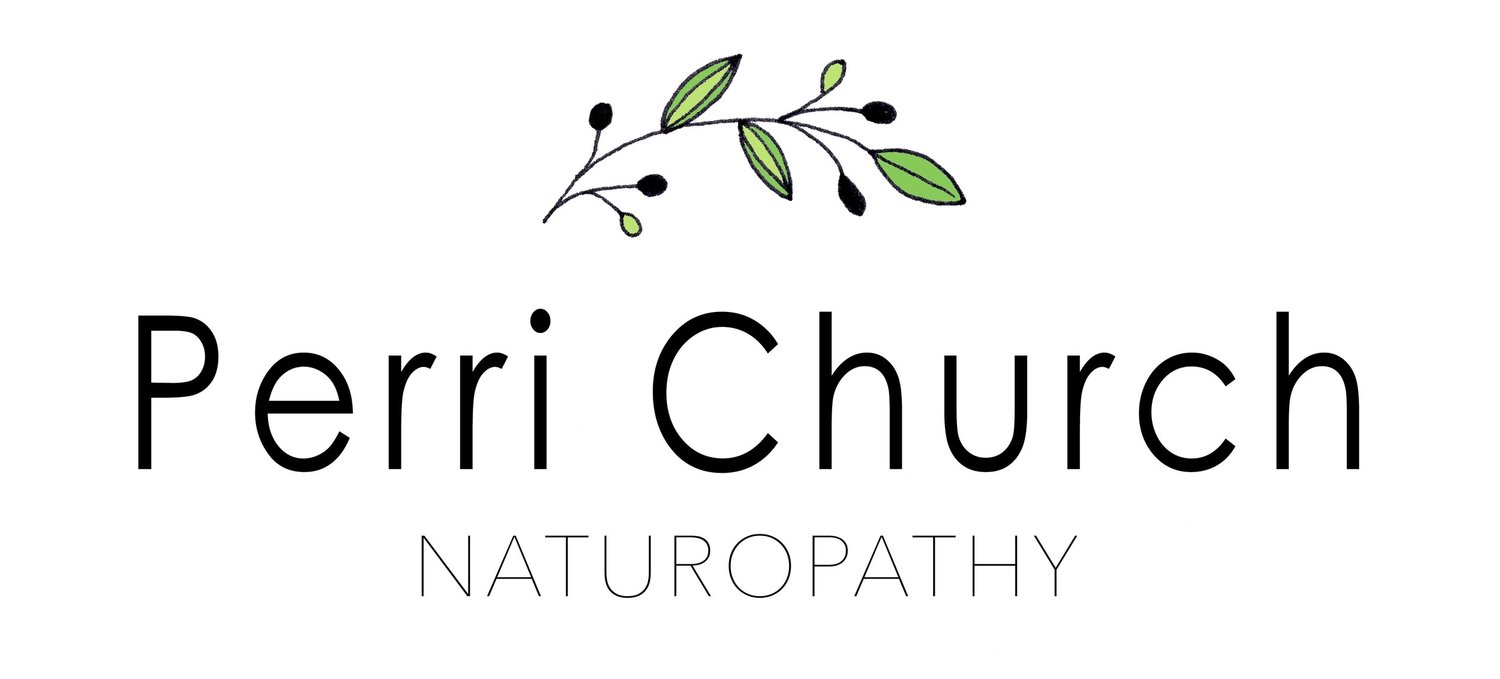Allergy season is about to switch into high gear. As soon as those colourful buds appear on the trees and pollen is bursting into full scale production – it’s on! Spring has arrived and for allergy sufferers, it feels very personal. Whilst the majority of us are cracking open our windows and emerging from our winter cocoon, allergy sufferers are immediately bombarded with an invisible onslaught of antigenic materials, resulting in the oh-so-familiar downward spiral into unwanted symptoms such as; watery eyes, a runny or blocked nose, painful sinuses, coughs, excessive mucous, headaches, wheezes and sneezes. As a result, many will flock to a local Chemist Outlet for the standard antihistamines, steroid inhalers, nasal sprays, the leukotriene inhibitors. If not pounced upon early, severe allergy sufferers will often quickly develop a sinus infection known as, Rhinosinusitis. These folks will find themselves in the GP’s office begging for a steroid taper and antibiotic combination.
And… who can blame them? The pain and suffering is very real.
So, what is the answer? We are all too familiar with the damage that can be done to our precious internal ecosystem when we over-use prescription and non-prescription medication however, when allergy season hits, sufferers are just doing all they can to survive the months ahead and minimise as many symptoms as possible. If you are nodding your head while reading this, here are some avenues for you to pursue in your quest to build tolerance to allergies.
An Allergy Sufferer’s Guide to Wellness: A Naturopathic Perspective.
· Get in Early to Reduce Symptoms:
I know! Sometimes treating a symptom is simply putting a band aid on a much bigger issue. Getting to the root cause is always the most effective way to treat, rebalance and heal. However, effective alleviation of pain and suffering is essential for an allergy patient. Yes, medication can absolutely be appropriate, even essential, especially in the early course of treatment. However, please also consider natural medicine as an alternative. Many supplements, vitamins and minerals such as Vitamin C, Zinc, Fish Oil, Quercetin and Bromelain are well known for boosting immunity and dampening the allergic response. Naturopath’s have a great arsenal of natural products that may be able to replace the need for medication. If medication is your chosen path, then please always remember to protect your gut with a strain specific probiotic. LGG is a particularly good one for down-regulating mast cell activation.
· Reduce Exposure to Toxins and Histamines:
I’m going to bet money that if you are an allergy sufferer, then you are probably not just reacting to the spring pollen in the air. This is most probably just the icing on the cake for you. Chances are you are also reacting to histamines and other environmental irritants including certain foods and food additives. Book an appointment with Naturopath or a Nutritionist to help cast a wider net. Investigate other sensitivities. Once you have identified what they may be, try resting from them for a while. Whether it be toxic exposure such as perfumes or washing powders or certain foods such as dairy or gluten, sometimes our bodies need a break to reduce inflammation and ‘hit the reset button’. Start buying organic meat, fruit and vegetables. They are free from pesticides. Be mindful of food colouring and synthetic additives, these tend to irritate allergies. Start reading ingredient labels – you will be surprised by how many histamines are present in our diet.
· Restore the Microbiome Within the Gut:
This is a hot topic at the moment for a reason. Understanding the role of the GUT in maintaining healthy immunity is essential in decoding the allergy conundrum. Dysbiosis, or imbalance in the microbiota of the gut, is part of the pathogenesis of allergic diseases and needs to be addressed and corrected in everyone. This can be as simple as improving your diet. Probiotics, fermented foods and prebiotic foods are all important. If you are unsure where to start, the gut is the perfect place. A Naturopath or Nutritionist can look at your diet and help guide you to better health outcomes. They may even recommend some stool or allergy testing to begin with. Correcting nutrient insufficiencies by reducing inflammation is the aim of the game. From there the body can begin to build up tolerance and allergies will decline.
· Rebalance:
Plenty of research demonstrates that a heightened stress response will promote allergic disease. Looking at stress is a key driver. Are you paying attention to stress and looking at ways to achieve the ultimate work, life, balance? Adrenalin, after all, is a mast cell antagonist. Meaning the more stress we have, the more of an allergic reaction we activate. Part of the allergy sufferers journey, if they are to successfully move to the other side, must include embracing some form of mind, body, soul self-love and self-care.
Foods High in Histamines:
· Alcoholic beverages. fruit juice, flavoured milk, tea and caffeine.
· Fermented soy, legumes, supermarket bread and nuts.
· Aged cheese and eggs.
· Dried or over-ripe fruit.
· Cured, processed and smoked meat.
· Tinned fish, fruit and vegetables.
Be aware that food that has been through an artificial ageing or ripening process may contain high histamines.

